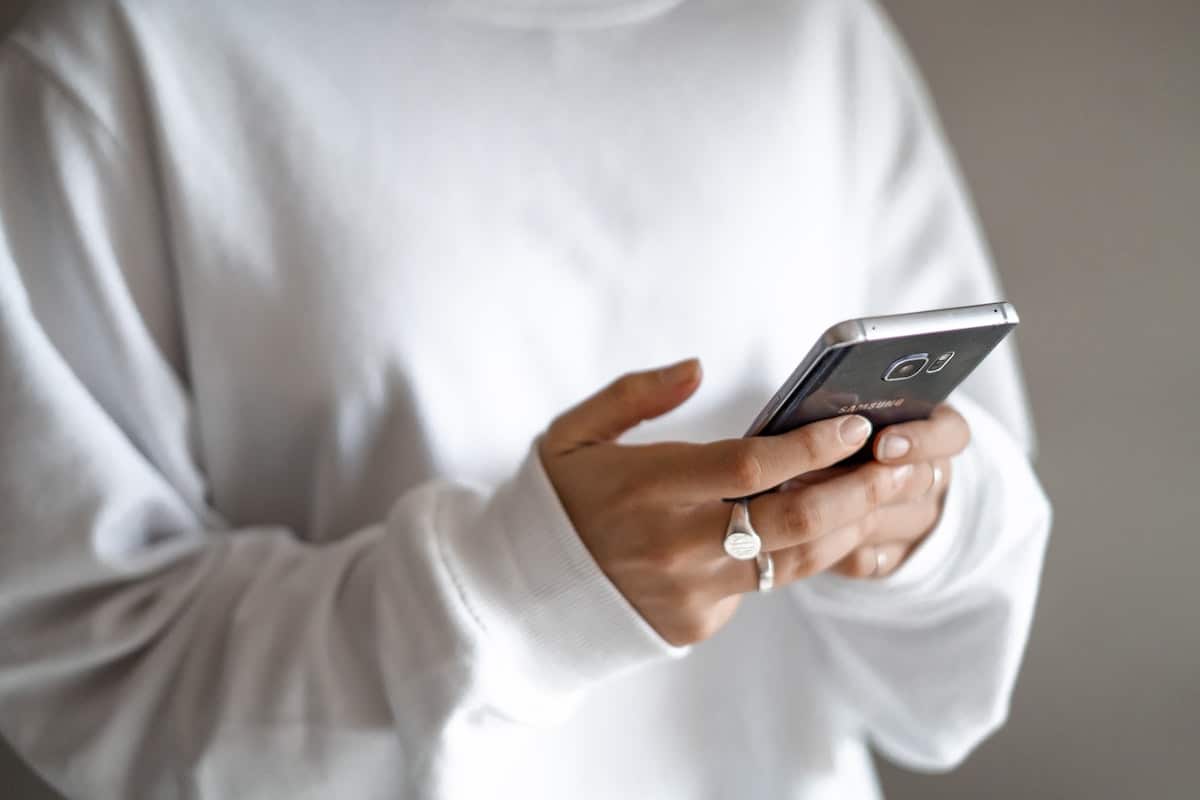The coronavirus pandemic was a traumatic event for the world, and one which many did not anticipate. Its ramifications are still being felt to this day, as the virus grows ever closer to becoming endemic to our daily lives. But in amongst the various ways in which the virus rocked our status quo, a seemingly subtle shift occurred in the way we engage with one of our most important modern resources: the internet.
The Pandemic, and Surges in Internet Use
The rapid spread of Covid-19 in the beginning of 2020 saw governments around the world scrambling to contain transmission rates, with the introduction of national lockdown measures – from restrictions on gathering to work-from-home guidance. In a matter of weeks, our lives changed completely; cities and offices emptied, roads, cleared, and we began a new life based out of our homes.
With the possibility of in-person meetings and social gatherings completely eliminated in the early months of 2020, we as a nation turned to the internet, a resource that has been a fundamental part of our lives for decades. Ofcom reported that internet use in the UK had surged to record levels, with adults spending on average 4 hours a day online.
Popular Forms of Digital Communication
The chief driver for this uptick in internet usage was, of course, communication. The nation still needed to talk to one another, whether for work, pleasure or the indulgence of a hobby. The lockdowns were an isolating affair, even for the most well-connected of us – and digital communication plugged the gap across the board.
Remote working technologies were overwhelmingly adopted as the government issued a work-from-home directive for non-essential workers. Professional communication suites such as Microsoft Teams and Slack surged in popularity, with workers sharing work and conducting online meetings using video-share technology.
For leisure and social meetings, video-chats were adopted near-universally. Zoom become one of the most popular communications platforms on the planet, as people met up for digital drinks, online pub quizzes and more to stay in touch.
Digital communication wasn’t limited to itself, either. Digital iterations of social games and hobbies also saw a surge in interest, with many across the UK trading bingo halls for playing bingo online – where many bingo operators incorporated a text-based messaging utility, enabling players to meet one another and catch up over their favourite game.
A Habit That’s Here to Stay
Even though the pandemic restrictions have long since subsided, the long-term effects of lockdowns and tiered restrictions have had an indelible effect on the way we engage with the internet – and the way we communicate. Many of the habits formed during the pandemic have stuck fast, especially in professional circles.
Working from home is a new norm for offices across the UK; a recent survey found that hybrid work agreements had increased as covid restrictions decreased, and that around 84% of working Britons wanted to continue working from home as a part of their professional routine. The move is an overarchingly positive one, enabling people to administrate their own professional lives and maintain proper balance. The benefits are also there for neurodivergent people, and those struggling with their mental health; digital communication can be less stressful than meetings in-person.
Photo by Kelli McClintock on Unsplash


